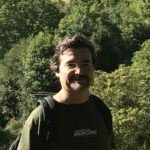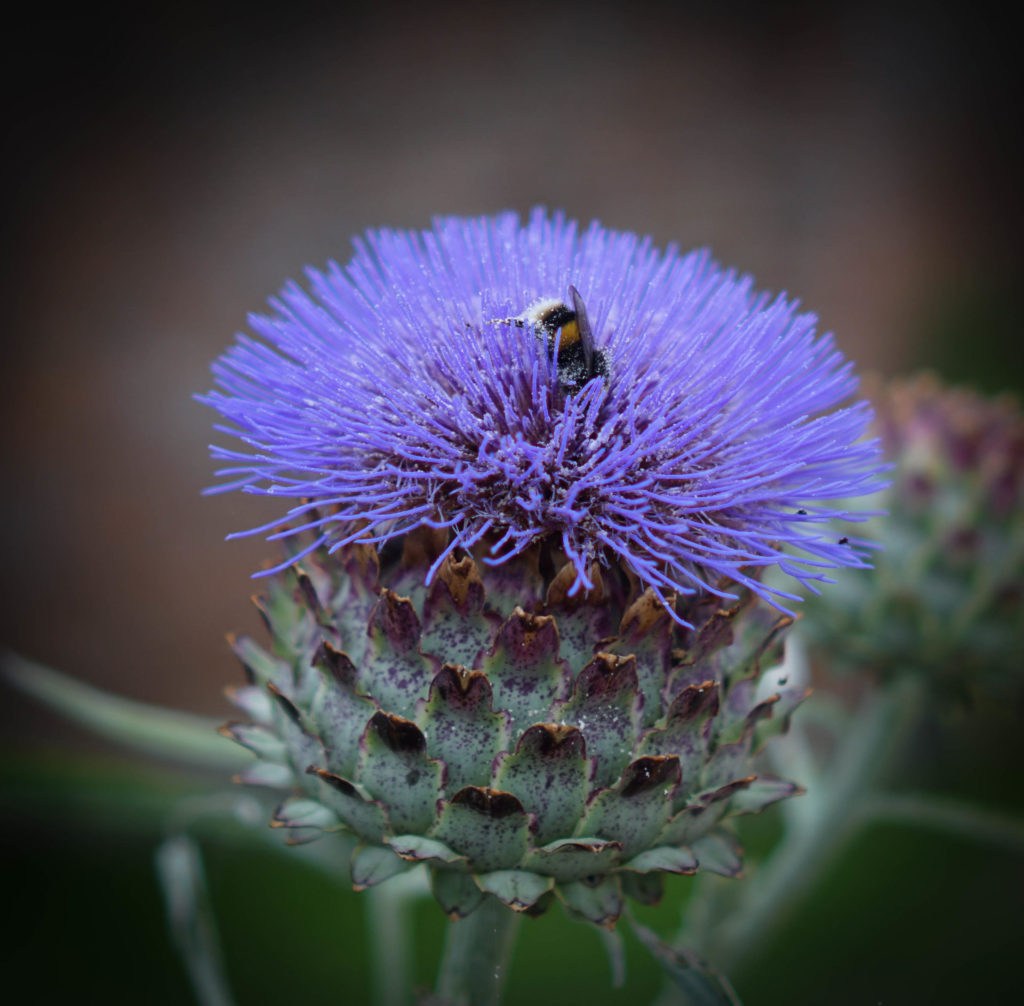There is a well-known proverb for those people who have a tendency to get bogged down in the details. Poor fellows, we say, shrugging our shoulders, they can't see the forest for the trees.
Of all the bad things one can say about one’s colleagues or friends, this one is probably near the top of the list. The proverb brings to mind a narrowness of vision, a sort cognitive blind spot that might be the result of pigheadedness or compulsion or, even worse, just plain stupidity.
There is much irony in the use of this saying, especially if we bear in mind the increasingly popular idea of ‘plant blindness’.
It was the American botanists Elisabeth Schussler and James Wandersee who coined this term to describe our very human propensity to ignore the natural world around us, especially the flora that grows in the environments where we live our short and busy lives.
Schussler and Wandersee found that we often recognize the fauna in our environment (especially the so-called charismatic species, like the Bengal tiger or the Striped hyena). But if someone asked us to identify the Honey locust or the Staghorn sumac in a cluster of trees, most of us would probably fail at the task, and fail miserably, even if a million Euros were offered as prize money for the right answer.
This is what Schussler and Wandersee define as plant blindness. This all-too common inability to recognize or even acknowledge the plant species around us; the very species that draw carbon dioxide out of the atmosphere to produce the oxygen upon which life on Earth depends.
This blindness is not just a failure of our educational systems, it has real-world consequences that affect people’s well-being and health, and their wallets too.
Plant blindness impacts the urban environments we live in. It affects our neighborhoods and streets. It affects the gardens outside our office parks. Plant blindness can turn a wealthy man’s garden into a lifeless dessert, a green lawn without life or purpose, mowed down relentlessly with noisy power tools.
Plant blindness is part of the reason why pharmaceutical companies make anti-depressants. Plant blindness impacts our eating habits. Plant blindness affects the real-estate prices on our street and is the main reason why many schools look like penitentiaries or worse.
Plant blindness hurts us as a species and we don't even know it. That someone would feel the need to pull a Christmas tree out of the ground to put it in the middle his or her living room is an indication of an unrecognized and undeniable longing in our nature.
We pine for the natural world, but we are so estranged from Mother Nature that we can't even identify the trees growing in our own living rooms, let alone know their ecology or what habitats they come from.
Most of our friends —at least the friends worth keeping— can tell a rose from a tulip. But ask these same friends what kind of tree they bought for Christmas and you will draw a blank stare. A pine, a fir, a Norwegian spruce? Picea sitchensis? Abies grandis?
We stare out of our kitchen windows year after year, looking abstractedly at the clumps of greenery across the street, and never do we ask: What are these trees or plants growing nearby? Might they have something like a natural history? What do they do for me, these poorly understood organisms?
No one is immune from this pervasive blindness: The politicians who allocate our public resources have it — just look at Etterbeek, a commune that consistently ranks near the bottom of the list when it comes to green spaces. The highly-paid CEOs looking out their office windows have it — just look at all the office parks in the Brussels area adorned with hedges of boxwood for lack of better ideas. The school administrators have it — just look at all those schoolyards filled with cement, where not even a single solitary Gingko is allowed to grow. They spend their money on computers or plastic toys, and it occurs to no one in these ‘temples of learning’ that a greenhouse in a corner of the playground might be a good idea.
Plant blindness impacts even the wealthiest municipalities in Belgium. Look at the green corridor along the N3, the road that takes you to the Africa Museum in Tervuren. Notice the immense rectangular lawn planted with young maple trees as you come near the town. A politician in Tervuren has decided that wildflowers cannot and should not grow there, and this is a shame for the thousands of people who drive through that part of the N3 every morning. And an even bigger shame for the hundreds of thousands of pollinators that would make a home there if only there were wildflowers to pollinate. But who notices these things in a world afflicted with plant blindness?
And we wonder why we have epidemics and soil degradation and climate change and famines and water shortages and an absolutely scandalous crisis of biodiversity. It all starts with our eyes and the Nature that we’re able to see or not see.
It all starts with our gardens and our streets. It starts with our windowsills if need be, and no one should be so deluded as to think that the Ursulas and Angelas of the world will eventually solve all the world’s problems with Big Green Policies crafted in airless boardrooms.
The problem, Schussler and Wandersee suggest, is one of vision. And that’s right above (and under) our noses.
So, to get back to the old proverb, about those sad and impoverished fellows who are not able to see the forest for the trees… Well, guess what? That’s most of us and it’s worse than we think: Unaware of this biblical ‘plank in our eye’, we slog through our living environments without seeing neither the forest nor the trees nor the blades of grass growing right under our feet.
But don't despair, there’s a way out of the dark and dreary forest of our botanical ignorance: There are countless cures for plant blindness, and those cures are growing vigorously all around us.
We just have to help our eyes heal, and our civilization will slowly heal with them.
Ramiro Austin


